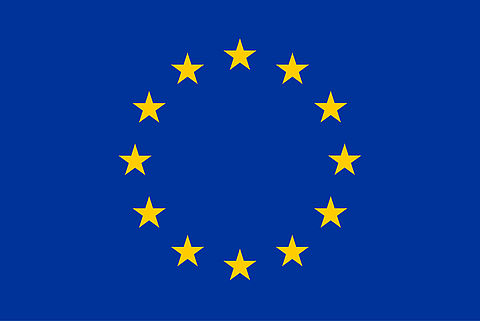SEMIoTICS - An EU-project showcasing trustworthy Embedded Intelligence in IoT


Global networks of interconnected computing devices, typically referred to as the Internet of Things (IoT) create an enormous potential for new generations of IoT applications, by leveraging synergies arising through the convergence of consumer, business and industrial Internet, and creating open, global networks connecting people, data, and "things".
Nevertheless, the realization of the IoT potential requires overcoming significant business and technical hurdles, stemming from the dynamicity, scalability requirements, heterogeneity and end-to-end security and privacy requirements of the ubiquitous computing environment.
To address the associated challenges, project SEMIoTICS (Smart End-to-end Massive IoT Interoperability, Connectivity and Security) aims to develop a pattern-driven framework, built upon existing IoT platforms, to enable and guarantee secure and dependable actuation and semi-autonomic behaviour in IoT/IIoT applications. Patterns will encode proven dependencies between security, privacy, dependability and interoperability (SPDI) properties of individual smart objects and corresponding properties of orchestrations involving them. The SEMIoTICS framework will support cross-layer intelligent dynamic adaptation, including heterogeneous smart objects, networks and clouds, addressing effective adaptation and autonomic behaviour at field (edge) and infrastructure (backend) layers based on intelligent analysis and learning. To address the complexity and scalability needs within horizontal and vertical domains, SEMIoTICS will develop and integrate smart programmable networking and semantic interoperability mechanisms.
The SEMIoTICS approach will be validated by industry using three diverse usage scenarios in the areas of renewable energy (addressing IIoT), healthcare (focusing on human-centric IoT), and smart sensing (covering both IIoT and IoT); and will be offered through an open API.
The SEMIoTICS consortium is ideally positioned to ignite and foster a European IoT ecosystem, covering the whole value chain of IoT, local embedded analytics and their programmable connectivity to the cloud IoT platforms with the associated security and privacy provisions. The consortium is striving for a common vision of creating EU's technological capability of innovative IoT landscape both at European and international level.
It includes three top European enterprises:
- SIEMENS AG from Germany is the largest manufacturing and electronics company in Europe
- STMICROELECTRONICS from Italy, Europe's largest semiconductor chip maker based on revenue
- ENGINEERING from Italy, an IT service management company among the top 10 IT groups in Europe
It also includes three highly innovative SMEs working in key IoT areas:
- BLUESOFT from Poland provides a full range of IT services and dedicated software with experience in a wide range of business oriented solutions
- SPHYNX from Switzerland develops products, solutions, services, in cyber intelligence, analytics, incident response, assurance and certification
- IQUADRAT from Spain focuses on new generation of research tools for system level evaluation of wireless integrated communication systems
The business partners are complemented by three academic organizations:
- FOUNDATION FOR RESEARCH AND TECHNOLOGY-HELLAS (FORTH) from Greece is one of the largest Research and Development Centre in Greece
- CENTRE TECNOLÒGIC DE TELECOMUNICACIONS DE CATALUNYA (CTTC) from Spain is a research centre focusing in communications and geomatics
- UNIVERSITY OF PASSAU from Germany is a highly visible and highly respected academic and research institution in the heart of Europe.
| Principal Investigator(s) at the University | Prof. Dr. Joachim Posegga (Lehrstuhl für Informatik mit Schwerpunkt IT-Sicherheit) |
|---|---|
| Project period | 01.01.2018 - 31.12.2020 |
| Source of funding |  Europäische Union (EU) > EU - 8. Forschungsrahmenprogramm (Horizon 2020) |
| Funding notice | The project has a 36-month duration (01.01.2018 - 31.12.2020) and is funded from the European Union's Horizon 2020 research and innovation programme under grant agreement No. 780315, with a total budget of €6.7 million, of which €4.99 million is provided by the EU. |

